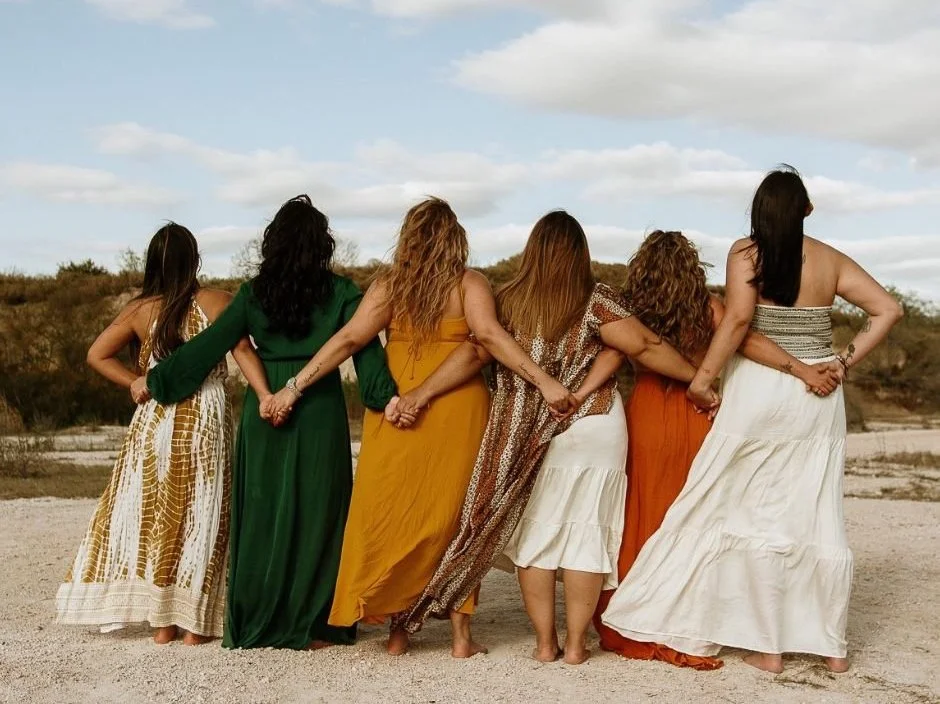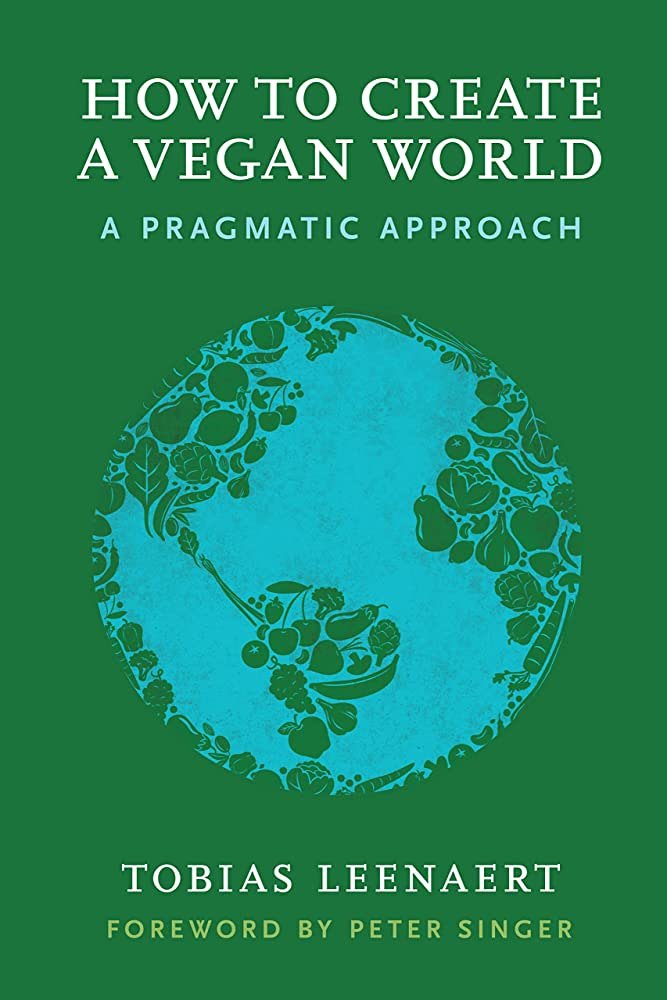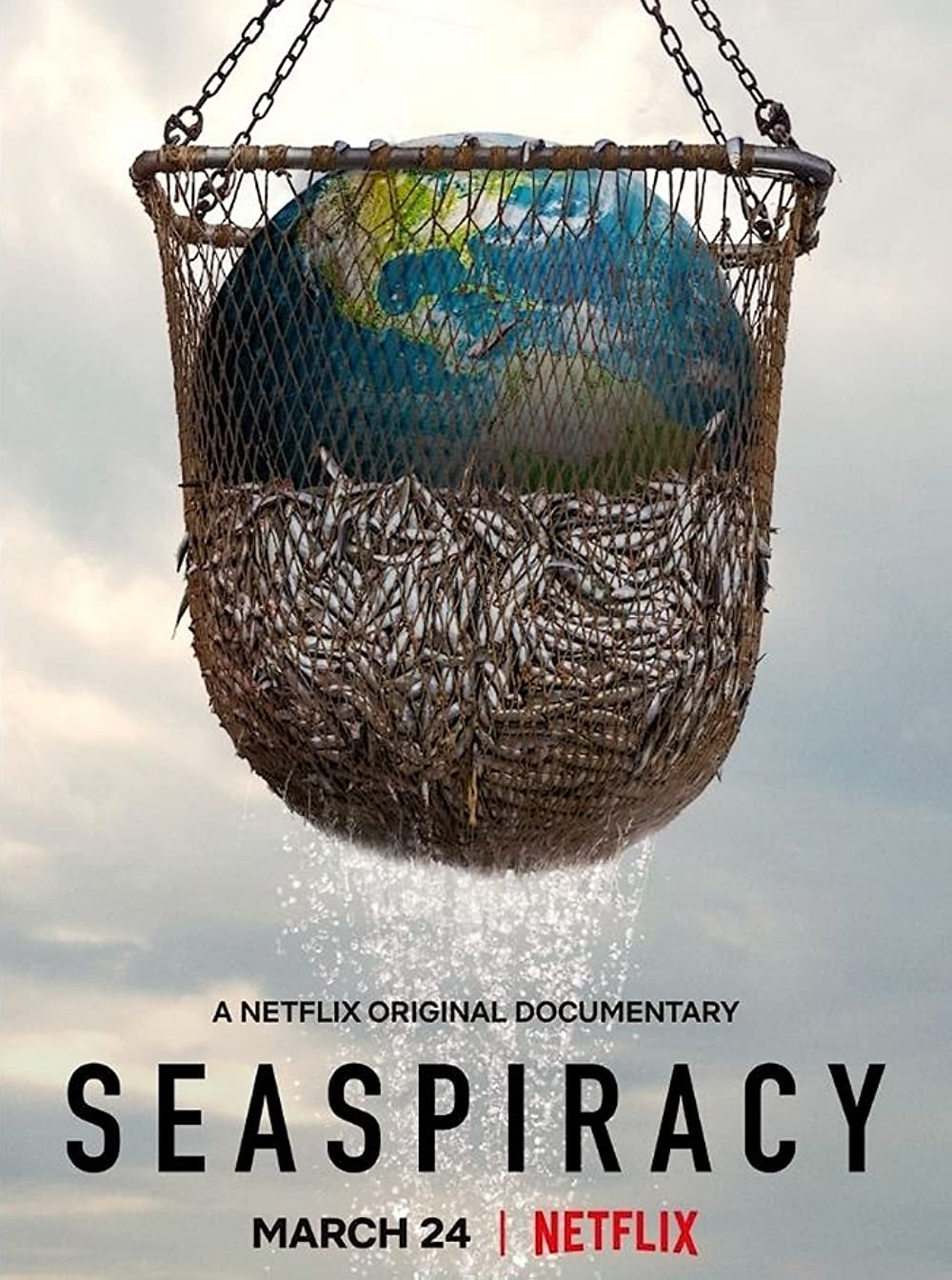Unpacking the Economy: Articles and Curated Resources to Deepen Your Understanding of Sustainability and Economics
Educate yourself Blog
Books
In We Are the Weather, Jonathan Safran Foer explores the task of saving the planet. We have, he reveals, turned our planet into a farm for growing animal products, and the consequences are catastrophic. Only collective action will save our home and way of life. And it all starts with what we eat and don’t! Save at goodreads.
In Doughnut Economics, Oxford academic Kate Raworth highlights the dangers of ignoring the role of energy and nature’s resources, and the far-reaching implications for economic growth when we take them into account. And in the process, she creates a new, cutting-edge economic model that is fit for the 21st century, one in which a doughnut-shaped framework. Save at goodreads.
In Factfulness, Professor of International Health, Hans Rosling, reveal the ten instincts that distort our perspective, from our tendency to divide the world into two camps to the way we consume media to how we perceive progress. Our problem is that we don’t know what we don’t know, and even our guesses are informed by unconscious and predictable biases. It turns out that the world, is in a much better state than we might think. Save at goodreads.
The world has finally awoken to the reality of climate breakdown and ecological collapse. Now we must face up to its primary cause: capitalism. Our economic system is based on perpetual expansion, which is devastating the living world. Jason Hickel offers an inspiring vision for what a post-capitalist economy could look like. An economy that enables human flourishing while reversing ecological breakdown. Save at goodreads.
Bill Gates shares what he's learned in more than a decade of studying climate change and investing in innovations to address the problems, and sets out a vision for how the world can build the tools it needs to get to zero greenhouse gas emissions. As a technologist, he has seen first-hand how innovation can change the world. By investing in research, inventing new technologies, and by deploying them quickly at large scale, Gates believes climate change can be addressed in meaningful ways. Save at goodreads.
In this book, Gates traces her awakening to the link between women's empowerment and the health of societies. She shows some of the tremendous opportunities that exist right now to “turbo-charge" change. Throughout, the book introduces us to her heroes in the movement towards equality, offers startling data, shares moving conversations she's had with women from all over the world, and shows how we can all get involved. Save at goodreads.
"How to Create a Vegan World" is a book written by Tobias Leenaert, a vegan advocate and co-founder of the Belgian organization EVA. The book presents a pragmatic and optimistic approach to creating a world where animals are not exploited for human use and consumption. Leenaert argues that in order to create a vegan world, advocates must focus on incremental change and appealing to mainstream values, rather than solely relying on moral arguments. The book offers practical tips and strategies for vegan advocacy, including communication techniques and ways to engage with different audiences. Save at goodreads.
Diane Coyle's book "GDP: A Brief but Affectionate History" provides a comprehensive and accessible account of the concept of Gross Domestic Product (GDP) and its impact on modern economic thinking. Coyle traces the evolution of GDP from its origins in the aftermath of World War II to its current position as the primary measure of economic growth and development. The book explores the strengths and weaknesses of GDP as a tool for measuring progress and highlights the challenges of using this metric in the face of complex and dynamic modern economies. Save at goodreads.
"Braiding Sweetgrass: Indigenous Wisdom, Scientific Knowledge, and the Teachings of Plants" is a book written by Robin Wall Kimmerer, a botanist and member of the Citizen Potawatomi Nation. The book was first published in 2013 and has since become a celebrated work on the intersections of indigenous wisdom and scientific knowledge. Through a series of essays, Kimmerer explores the importance of plants in indigenous cultures and the lessons they offer about sustainability, reciprocity, and gratitude. The book also delves into the scientific understanding of plants and their ecological roles, emphasizing the need for a deeper understanding of the interconnectedness of all living beings. Save at goodreads.
Tim Jackson's book "Post Growth: Life After Capitalism" explores the idea of shifting societal and economic paradigms beyond the traditional capitalist model. Jackson examines the limitations of perpetual economic growth on a finite planet and delves into the challenges posed by environmental degradation, social inequality, and the pursuit of materialistic lifestyles. He argues for a more sustainable and equitable future, advocating for a transition to a "post-growth" society that values well-being, community, and ecological balance over relentless consumption and GDP growth. Jackson proposes innovative approaches to economic systems, governance, and cultural norms that prioritize human flourishing within planetary boundaries. In essence, "Post Growth" offers a thought-provoking perspective on reimagining our relationship with economics and capitalism in pursuit of a more resilient and harmonious world. Save on goodreads.
"Prosperity Without Growth," authored by Tim Jackson, presents a compelling exploration of the intricate relationship between economic progress, sustainability, and well-being. The book challenges the conventional notion that continuous economic growth is the only path to human prosperity, highlighting the environmental and social challenges it brings. Jackson proposes an alternative vision, advocating for a transition to a "post-growth" economy that prioritizes quality of life, social equity, and ecological balance. He delves into concepts like sufficiency, resilience, and redefining progress beyond material consumption. If it’s one book you should read about economics, it is this one. Save on goodreads.
“Dyrtider (“Costly Times”) - så bekämpar vi inflationen” is authored by Elinor Odeberg and written in Sweden based on the Swedish economic context.
How expensive can it really get? Inflation in Sweden is at its highest in over three decades. In response, the central bank has raised interest rates at a historically rapid pace. The idea is that if we have less money to spend, it will curb price increases. But do we have to become poorer to combat inflation?
No, argues Elinor Odeberg, especially not when big corporations are making record profits. Inflation is a tale of market economy failures, and it's time to shine a spotlight on the policies driving price hikes. A book about costly times and why inflation shouldn't be fought at the expense of ordinary people. Buy it here!
Jonathan McMillan's book, "The End of Banking," critically examines the flaws within the traditional banking system and elucidates how the digital revolution has disrupted its delicate balance. McMillan not only diagnoses the problems but also proposes an innovative blueprint for a modern financial system, making this book stand out from others on the 2007-08 financial crisis. The author argues that a financial system without traditional banking is both desirable and feasible in the digital age, offering a fresh perspective on adapting to the challenges of modern finance. Find it on goodreads!
"Change Everything" by Christian Felber presents a compelling vision for an alternative economic model centered on human dignity, justice, sustainability, and democracy rather than profit and endless growth. Felber proposes The Economy for the Common Good as a blueprint for this ethical and principled approach. In this updated edition, he showcases how this movement has gained momentum globally, with thousands of individuals, companies, and organizations actively participating and implementing its principles. Felber's book offers both inspiration and practical insights for those seeking to reshape economic systems for the better. Find it on goodreads.
Ann Pettifor's "Green New Deal" is a concise yet compelling exploration of an economic paradigm shift that's long overdue. Tracing its roots to London economists in 2008 and its resurgence in the US in 2018, Pettifor illuminates the urgent need for a departure from growth-centric models towards a holistic approach that prioritizes environmental sustainability and social welfare. Drawing from the wisdom of Keynes and dissecting the intricacies of the financial system, she deftly navigates through topics like the US dollar-backed system and the concept of steady-state economics. Find it on goodreads.
"Who Cooked Adam Smith's Dinner?" by Katrine Marçal critically examines the foundational assumptions of modern economics, particularly the concept of the "economic man" driven solely by self-interest. Marçal highlights the overlooked contributions of women and unpaid labor, such as caregiving and household work, which are essential yet often excluded from economic models. By questioning these traditional economic narratives, the book encourages readers to consider a more inclusive understanding of economic value that acknowledges the significance of traditionally undervalued work. Find it on goodreads!
"A Journey for Happiness: The Man Who Cycled to Bhutan" by Christopher Boyce is an inspiring memoir of adventure and self-discovery. With a PhD in psychology, Boyce left behind his career and a secure academic position to embark on a life-changing journey to Bhutan, a nation celebrated for valuing Gross National Happiness over GDP. He cycled over 9,000 miles through varied landscapes, exploring what it truly means to live a happy and fulfilling life. Drawing on his academic background and the profound insights gained on the road, Boyce challenges readers to reconsider conventional definitions of success and happiness. Find it on goodreads!
"Den svenska vapenexporten" (The Swedish Arms Export) by Linda Åkerström provides a detailed exploration of Sweden's arms trade, revealing how the industry operates and the authorities and regulations involved. The book also delves into scandals and consequences associated with the trade, including how cultural figures and even the royal family are engaged in its marketing. Åkerström illustrates how Sweden, often seen as a peace-loving nation, became one of the world's largest arms exporters per capita. This compelling account sheds light on the lesser-known facets of Sweden's role in the global arms market. Find it on goodreads!
"Girig-Sverige: så blev folkhemmet ett paradis för de superrika" (Greedy Sweden: How the People's Home Became a Paradise for the Super-Rich) by Andreas Cervenka examines Sweden's transformation from a high-tax, egalitarian society to one with significant wealth disparities. Cervenka, an esteemed economic journalist, presents a detailed analysis of the policies and economic shifts that have led to a surge in the number of billionaires, making Sweden one of the countries with the highest number of billionaires per capita. The book is richly illustrated with graphs and tables, providing readers with a comprehensive understanding of the factors contributing to this growing inequality. Find it on goodreads!
"Vad är pengar?" by Andreas Cervenka is a critical examination of the global financial system, exploring the complexities of modern economies and the behavior of financial markets. Cervenka, a renowned economic journalist, delves into topics such as stock market volatility, increasing executive compensation, and the persistent debt crisis in Europe. The book aims to demystify the intricate world of finance, making it accessible to readers seeking to understand the forces shaping our economic landscape. Find it on goodreads!
"Vad gör en bank?" (What Does a Bank Do?) by Andreas Cervenka critically examines the global financial system nearly a decade after the 2008 crisis, arguing that the world economy remains vulnerable. Cervenka, an award-winning economic journalist, explores issues such as chronic low growth, negative interest rates, financial bubbles, and rising populism in Western economies. He also discusses how these global economic challenges could impact Sweden, prompting readers to question the fundamental role of banks in society. Find it on goodreads!
"Folket som inte fick finnas: Palestiniernas historia" (The People Who Were Not Allowed to Exist: The History of the Palestinians) by Ingmar Karlsson offers a comprehensive examination of the Israeli colonisation of Palestine. The book delves into the historical roots of the creation of Israel, highlighting the impact of colonial policies, occupation and apartheid. Karlsson, a seasoned diplomat and author, provides an insightful analysis of the socio-political dynamics that have shaped the region, challenging prevailing narratives and shedding light on the often overlooked experiences of Palestinians.
Documentaries
"Cowspiracy" is a documentary film created by Kip Andersen and Keegan Kuhn, and was launched in 2014. The film explores the environmental impact of animal agriculture, particularly the significant contribution it makes to climate change, and investigates the policies and practices of major environmental organizations in addressing this issue. Through interviews with experts and activists, the filmmakers aim to raise awareness about the need for sustainable, plant-based food systems and the urgent need to address the environmental consequences of animal agriculture. Watch it on Netflix.
"An Inconvenient Truth" is a documentary film created by former Vice President Al Gore, along with director Davis Guggenheim. The film was launched in 2006 and presents a comprehensive and urgent account of the dangers of climate change and the human activities causing it. Through a combination of Gore's lectures and vivid visual representations of the scientific data, the film offers a stark warning about the potential catastrophic consequences of climate change and calls for immediate and collective action to address this global crisis. The film received critical acclaim and helped to raise public awareness about the urgency of addressing climate change. Watch on Apple TV.
"Earthlings" is a documentary film directed by Shaun Monson and was launched in 2005. The film explores the relationship between humans and animals in various industries, including food, clothing, entertainment, and scientific research. Through hidden camera footage and graphic imagery, the film exposes the often-cruel treatment of animals and the ethical issues surrounding their use by humans. The film argues that all animals, regardless of their species, have the right to be treated with dignity and respect and calls for a reevaluation of human behavior towards other animals. "Earthlings" has been praised for its impact in promoting animal rights and veganism. Rent it here.
"Our Planet" is a nature documentary series created by Silverback Films in collaboration with the World Wildlife Fund (WWF). The series was launched in 2019 and is narrated by Sir David Attenborough. It explores the diversity of life on Earth and the impact of human activities on the natural world. "Our Planet" also provides insights into the behaviors and habitats of different animal species, showcasing the beauty and complexity of the natural world. The series has been widely praised for its visual splendor, scientific accuracy, and its message of environmental conservation. Watch it on Netflix.
"Seaspiracy" is a documentary film directed by Ali Tabrizi and was launched in 2021. The film explores the environmental impact of industrial fishing and highlights the urgent need to address the crisis of overfishing and the destruction of ocean ecosystems. Through interviews with experts and activists, the film exposes the corruption and human rights abuses in the global fishing industry and the complicity of major environmental organizations in perpetuating the crisis. "Seaspiracy" offers a compelling call to action for individuals and governments to take responsibility for protecting the oceans and the vital role they play in the health of the planet. Watch it on Netflix.
"Breaking Boundaries: The Science of Our Planet" is a documentary film created by Sir David Attenborough, scientist Johan Rockström, and filmmaker Jon Clay. The film was launched in 2021 and explores the interconnection between the Earth's living systems and the impact of human activity on the planet's delicate balance. Through stunning visuals and scientific data, the film offers a comprehensive and urgent account of the dangers of climate change and biodiversity loss. The film argues that we are at a critical juncture in human history and that immediate and collective action is necessary to prevent irreversible damage to the planet. Watch it on Netflix.
"Kiss the Ground" is a documentary film that was released in 2020, directed by Josh Tickell and Rebecca Tickell. The film explores the potential of regenerative agriculture to combat climate change, restore ecosystems, and improve food security. It features interviews with farmers, scientists, and activists, as well as archival footage and animations to illustrate the impact of conventional agricultural practices on the environment. The film emphasizes the importance of soil health and the role of agriculture in mitigating climate change. The producers of the film include Big Picture Ranch, Diamond Docs, and Grantham Foundation for the Protection of the Environment. Watch it on Netflix.
My Octopus Teacher" is a documentary film that was released in 2020, directed by Pippa Ehrlich and James Reed. The film follows filmmaker Craig Foster as he forms an unusual friendship with a wild octopus while free-diving in a kelp forest off the coast of South Africa. Through his interactions with the octopus, Foster gains a deeper understanding of the natural world and his own place in it. The film features stunning underwater cinematography and a captivating narrative that has resonated with audiences worldwide. "My Octopus Teacher" was produced by Off the Fence, in association with Netflix, and won the Academy Award for Best Documentary Feature in 2021. Watch it on Netflix.
"Outgrow the System" is a 58-minute documentary directed by Cecilia Paulsson and Anders Nilsson, focusing on transitioning to a sustainable economic system. The film delves into the original meaning of "economy" as "household management" and critiques how modern economies consume finite natural resources at an alarming rate. It showcases emerging economic ideas and practices that challenge traditional assumptions, aiming to democratize discussions around economy, ecology, and democracy. As of September 2024, the documentary has been screened over 90 times in 47 cities across 23 countries on six continents. More information here!









































